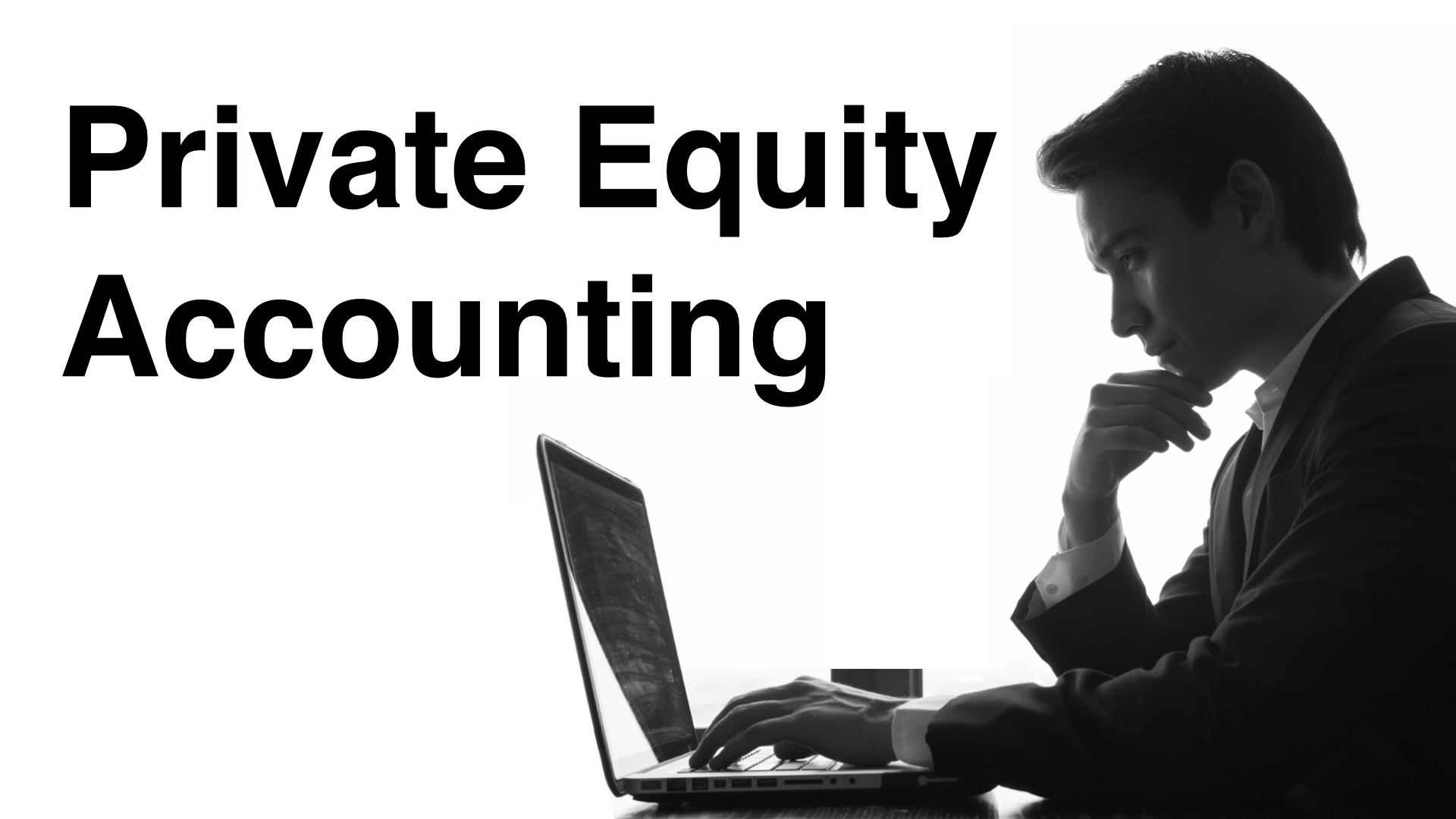Private equity funds are liquidity pools of capital to be purchased business that represent a chance for a high rate of return. They come with a fixed financial investment horizonReturn on Investment (ROI), typically varying from 4 to 7 years, at which point the PE company hopes to profitably exit the investment.
2. Buyout or Leveraged Buyout (LBO)Contrary to VC funds, leveraged buyout funds purchase more fully grown businesses, normally taking a controlling interest. LBOLeveraged Buyout (LBO) funds use comprehensive quantities of take advantage of to enhance the rate of return. Buyout finds tend to be substantially bigger in size than VC funds. Exit Considerations, There are several consider play that impact the exit strategy of a private equity fund.
Private Equity Funds – Services – K&l Gates
In terms of a wholesale exit from the business, there can be a trade sale to another buyer, LBO by another private equity firm, or a share repurchase. In regards to a partial exit, there might be a personal placement, where another financier purchases a piece of the business. Another possibility is corporate restructuring, where external investors get involved and increase their position in business by partly acquiring the private equity firm`s stake.
To keep learning and advancing your profession, the following resources will be practical:.
Private Equity Frequently Asked Questions – Sourcescrub
Looking into your family history with Ancestry!.?.!? PE-backed. But exactly what is private equity? A fundamental principle for anybody thinking about learning aboutor working in a market digressive tothe personal markets, this blog site breaks down the essentials of PE. What is private equity? Private equity (PE) is a kind of funding where cash, or capital, is invested into a company.

PE is a major subset of a bigger, more intricate piece of the financial landscape understood as the personal markets. Private equity is an alternative property class along with real estate, venture capital, Get Tysdal’s Book on Google distressed securities and more. Alternative possession classes are thought about less standard equity investments, which indicates they are not as quickly accessed as stocks and bonds in the public markets.
Private Equity Funds – Milbank
What is a private equity fund? To purchase a business, private equity investors raise pools of capital from minimal partners to form a fundalso understood as a private equity fund. Once they have actually hit their fundraising objective, they close the fund and invest that capital into promising business. Both private equity funds and hedge funds are restricted to recognized financiers.
And mutual funds are just allowed to collect management fees, whereas PE funds can gather performance fees, which is discussed more below. How do private equity firms generate income? PE funds gather both management and performance fees. These can vary from fund to fund, but the. Determined as a portion of properties under management or AUM, typically around 2%.
Private Equity – Meaning, Investments, Structure, Explanation


Determined as a percentage of the benefit from investing, typically around 20%. These fees are planned to incentivize greater returns and are paid out to employees to reward their success. How does private equity work? To invest in a company, private equity investors raise pools of capital from limited partners to form the fund.
When a PE company offers one of its portfolio companies to another business or financier, the company normally earns a profit and distributes returns to the restricted partners that purchased its fund. Some personal equity-backed companies may also go public. What are some examples of private equity firms? The Blackstone Group Headquartered in New York City, the financial investment company buys PE, real estate and more.
Private Equity In United States: Market And Regulatory Overview
So, VC is a kind of private equity. Here are some extra distinctions between PE and VC. Private equity PE firms frequently purchase mature businesses in traditional industries. Using capital committed from LPs, PE financiers invest in appealing companiestypically taking a majority stake (> 50%). When a PE firm sells one of its portfolio business to another business or investor, returns are dispersed to the PE investors and to the LPs.
Venture capital VC firms often buy tech-focused start-ups and other young companies in their seed. Utilizing dedicated capital, VC investors usually take a minority stake